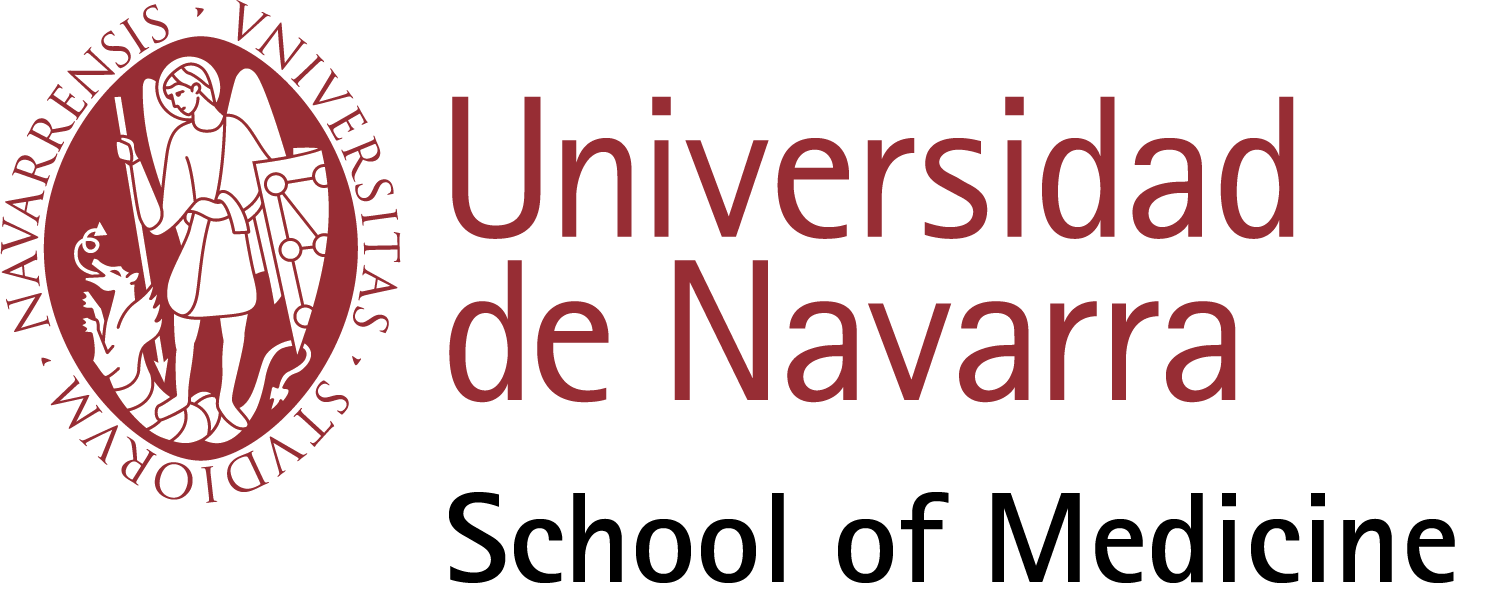Adherence to the Mediterranean diet is known to provide several health-related benefits. However, the exact mechanisms of action are not yet fully understood. Among the proposed hypotheses, a presumed link between the Mediterranean diet and the gut microbiota was put forward some years ago. A commentary on two studies conducted on this topic outlines that it is not the amount of calories that matters, but rather the quality of the diet. Nevertheless, although those studies observed changes in metabolomic biomarkers and microbiome diversity associated with adherence to the Mediterranean diet, understanding the precise mechanisms by which the Mediterranean diet can affect human health is still a challenge.
Interestingly, a new epidemiological study reported that maternal diet modulates maternal microbiota and shapes the neonatal first pass of microbiota at birth, affecting the initial community of microorganisms in the infant and health later in life. Children from maternal Cluster I (characterized by lower intakes of total dietary fiber, omega-3 fatty acids, and polyphenols, which are a key component in extra virgin olive oil) and born by C-section showed higher body mass index and weight for length z-scores at 18 months compared to those from vaginal births and infants from mothers in Cluster II.



Recent Comments